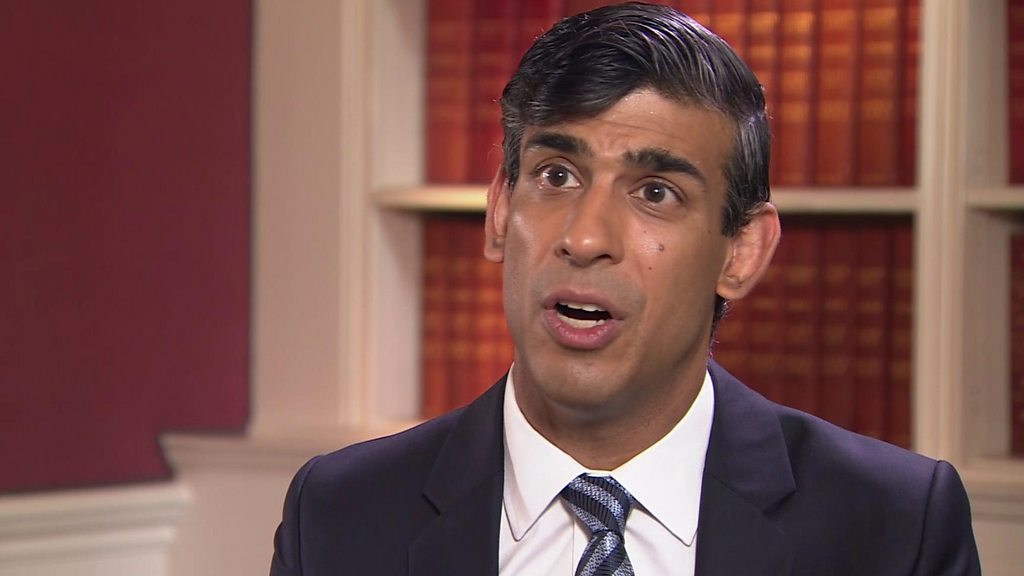Heat and Buildings Strategy – Too little, Too late.
At last, the Heat and Buildings Strategy has been published.
It is good to see the Government now recognises the key role that heat pumps will play in the decarbonisation of heating.
However, the limited ambition shown in the Heat and Buildings Strategy falls short of what is needed to address carbon emissions from heating, both in the lack of adequate funding provided and in lack of urgency to tackle the issues in a timely manner.
- The offer of £5,000 up-front for houses to install an air source heat pump (or £6,000 for a ground source heat pump) is welcome, but insufficient to cover the cost of decarbonising heating on any serious scale.
- The intention to remove the punitive levies on electricity that are preventing the move toward the electrification of heat are welcome. However, the idea of spreading this transfer away from taxing electricity "over the current decade" demonstrates a lack of urgency to grasp the nettle and move forward with encouraging a supply chain for heat pumps in this country.
- The intention to ban the installation of replacement gas boilers is also welcome. However, to set a target date from 2035 demonstrates a lack of understanding of the urgency of the issues the world is facing, both in human suffering and in delaying the inevitable cost of addressing these issues in a timely manner.
What should have been included in the Heat and Buildings Strategy?

Bold and urgent action is needed as currently less than 2% of UK homes have any form of low carbon heating and still over 1,600,000 gas boilers are being installed each year in the UK.
The share of renewable heat in the UK is almost the lowest of any country in Europe – because the UK imposes very high taxes on electricity.
With the large reduction in the grid carbon factor the electrification of heat is the way to go and that means installing heat pumps.
Experience from countries like Sweden and Finland shows that once fossil-fuel heating is no longer the cheapest option, the market changes rapidly. However, the UK still imposes significant taxes and environmental levies (25%) on domestic electricity, but almost none (only 2%) on gas: this is the reverse of what is needed if the UK is to achieve anything near 600,000 heat pump installations a year by 2028.
The opportunity for the UK to decarbonise heating is huge. Doing so will not only cut carbon emissions, but also improve air quality and people's comfort and health, and help to achieve our Net-Zero targets.

The End of Gas Boilers
The ban on installing gas boilers in new buildings from 2025 has already been announced. The ban on replacing existing gas boilers in all buildings is proposed by 2035. This leisurely timetable shows a clear lack of ambition on behalf of government ahead of the COP26 meeting in Glasgow.
Action is needed on the Fiscal Background to UK energy prices
The Chancellor needs to readjust the Fiscal Background to energy prices if he is serious about preparing for Net Zero carbon emissions.
It will not be possible for Alok Sharma to invite the world to CoP26 in Glasgow – with a straight face – until the Fiscal Background is corrected.
The Hidden Hand of the Market
Since the Energy Act of 2008 the Government has spent substantial sums on the administration of schemes to reduce carbon emissions from heating. These costs were spent on the Green Deal, the Green Homes Grant, The Renewable Heat Incentive, Ofgem, assessors, legal fees and endless consultations. However, none of these schemes have shifted consumers away from burning gas and oil and emitting CO2.
There is a much cheaper route to addressing the fundamental issue. The fundamental issue is that the price of burning gas for heating is cheaper than the low carbon alternatives using electricity.
The reason gas heating is cheaper than electric heating in the UK is that Government imposes taxes which increase the cost of electricity by 25%, but oil and gas consumers have never had to pay for the environmental costs of issuing carbon dioxide or air pollution.
If Government would switch the inappropriate "green taxes" from electricity to gas then the "hidden hand of the market" would encourage consumers to install low carbon heating – without any further administrative costs.
A Swede is 35 times more likely to buy a heat pump than a Brit – because electric heat pumps provide the cheapest form of heating in Sweden.
Time for action
The country needs the government to take immediate action. The pandemic has shown how swiftly government can act in an emergency. The climate emergency is a much larger long term threat to our life on earth than the Covid virus. The cost of action to achieve Net Zero will be dwarfed by the cost of doing nothing.
It is time for the government to eliminate the taxes on electricity that are preventing the installation of heat pumps.
How "difficult" is the decarbonisation of heating?
The oil and gas industry is fond of saying that the decarbonisation of heat is a very "difficult" problem. They have an interest in decarbonisation being seen as "difficult" – because if it is seen as a "difficult" problem then that would be the perfect excuse for not addressing the issue, and prolonging the time they can sell yet more gas. Talk of using hydrogen for heating is another technique used to introduce confusion and doubt into the debate, although that would require fundamental changes to the laws of both physics and economics not to be a very "difficult" problem indeed.
The truth is that decarbonisation of heat is not a difficult problem if Government has the will to solve it. Heating by burning gas is at the heart of the problem because burning gas emits CO2. There are well tried alternatives which do not emit any CO2 at all: heat pumps do not use combustion, they merely transfer (and concentrate) heat from where it is to where you want it. Heat pumps can run on green electricity. The electricity does not have to be generated in a fossil fuel power station – although the lobby for gas likes to suggest that heat pumps are not zero carbon because the grid is not yet zero carbon.
Other countries, like Sweden, are employing heat pumps successfully to decarbonise their heating. It is not difficult to decarbonise heating. If we wanted to do the same then we could do so too.
Heat Poverty
Some of the worst cases of heat poverty are suffered by those who rely on direct electric heating: this is the most expensive form of heating. The Chancellor needs to reduce all the "green taxes" on domestic electricity to help those in fuel poverty. The reduction is also needed to allow consumers to choose heat pumps – and to allow the supply chain for UK heat pump installers to grow.
A carbon tax on the burning of gas is also necessary to discourage the use of combustion for heating: this will not draw anyone into heat poverty – unless the increased tax on gas (for those that use gas) is larger than the reduction in the inappropriate "green taxes" on electricity (which everyone uses).
Petition
If you believe the government should reduce taxes on electricity to allow people to install heat pumps, then please join the 1,200 people who have already signed the Heat Pump Petition and please encourage others to do so too. This petition has become more vital since the publication of the Heat and Buildings Strategy, which aims to delay this urgent requirement
What should have been included in the Heat and Buildings Strategy?
For the UK to move towards Net Zero, the following needed to be included:
- removal of tax levies on electricity by 2021
- reduction of VAT on the installation of insulation, heat pumps, solar thermal and PV
- details of real up-front financial support for installing heat pumps from 2022
- a ban on installing combustion boilers in new homes from 2025
- a ban on installing replacement boilers in all homes by 2030
- a clear pathway to Net Zero for heating in all buildings including plans to encourage 600,000 heat pump installation a year by 2028
- an end to the false hopes that enflame the hydrogen distraction



